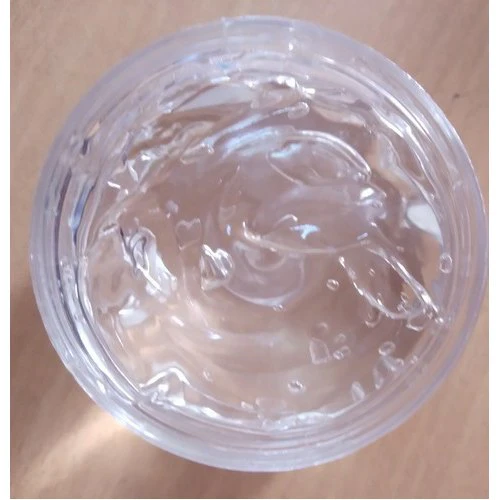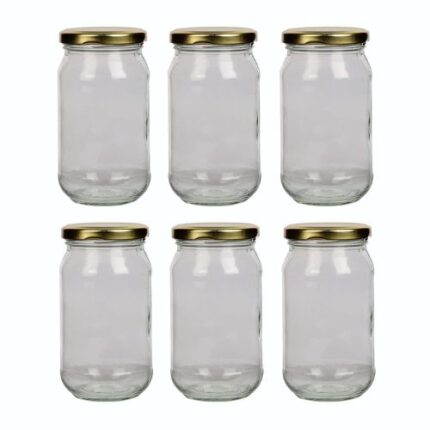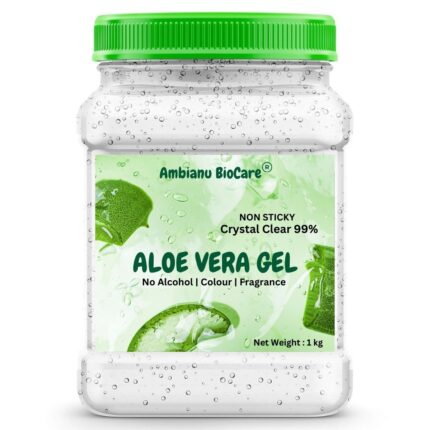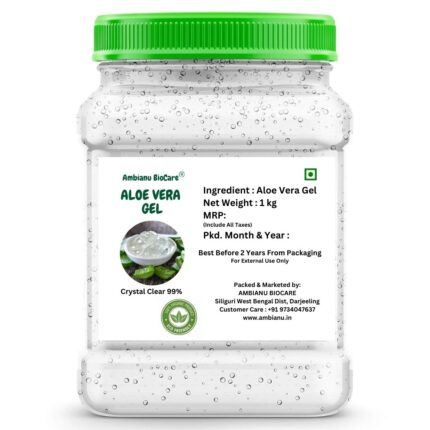Aloe Vera is a well-known medicinal plant that has been used by humans for thousands of years. Aloe Vera is a dense, short-stemmed shrub with large leaves that retain water. It is most known for healing skin injuries, but it also has several other applications that may be beneficial to one’s health.
Benefits and Applications
Aloe Vera gel is renowned for its high moisture content, making it an excellent ingredient for addressing dry skin. It is rich in vitamins and amino acids, which contribute to its hydrating and nourishing properties.
Key benefits include:
- Skin Restoration: Aloe Vera enhances microcirculation and promotes cell regeneration, accelerating the skin’s natural healing process.
- Anti-Aging Properties: It aids in stimulating the production of collagen and hyaluronic acid, which are vital for maintaining skin elasticity and reducing the appearance of wrinkles.
- Healing Effects: When applied as a thin layer, Aloe Vera gel effectively soothes and heals minor burns, sunburns, irritation, eczema, itching, and atopic skin conditions.
- Acne Treatment: Its antibacterial and anti-inflammatory properties make it a potent ally in combating acne.
- Cosmetic Preservation: In the realm of cosmetics, Aloe Vera gel helps to prevent oxidation and inhibits processes that are induced by oxygen exposure.
How It Works
Aloe Vera gel operates in two primary ways to benefit the skin:
- Hydration: It draws moisture from the air and binds it to the upper layers of the skin, providing deep hydration.
- Moisture Retention: By forming a protective barrier on the skin, Aloe Vera gel prevents moisture loss, keeping the skin hydrated and supple.
Concentration and Solubility
- Usage Concentration: Aloe Vera gel can be used in concentrations ranging from 0.5% to 100%, depending on the formulation and desired effect.
- Solubility: It is water-soluble, making it easy to incorporate into aqueous solutions, but it does not dissolve in oils.







Reviews
There are no reviews yet.